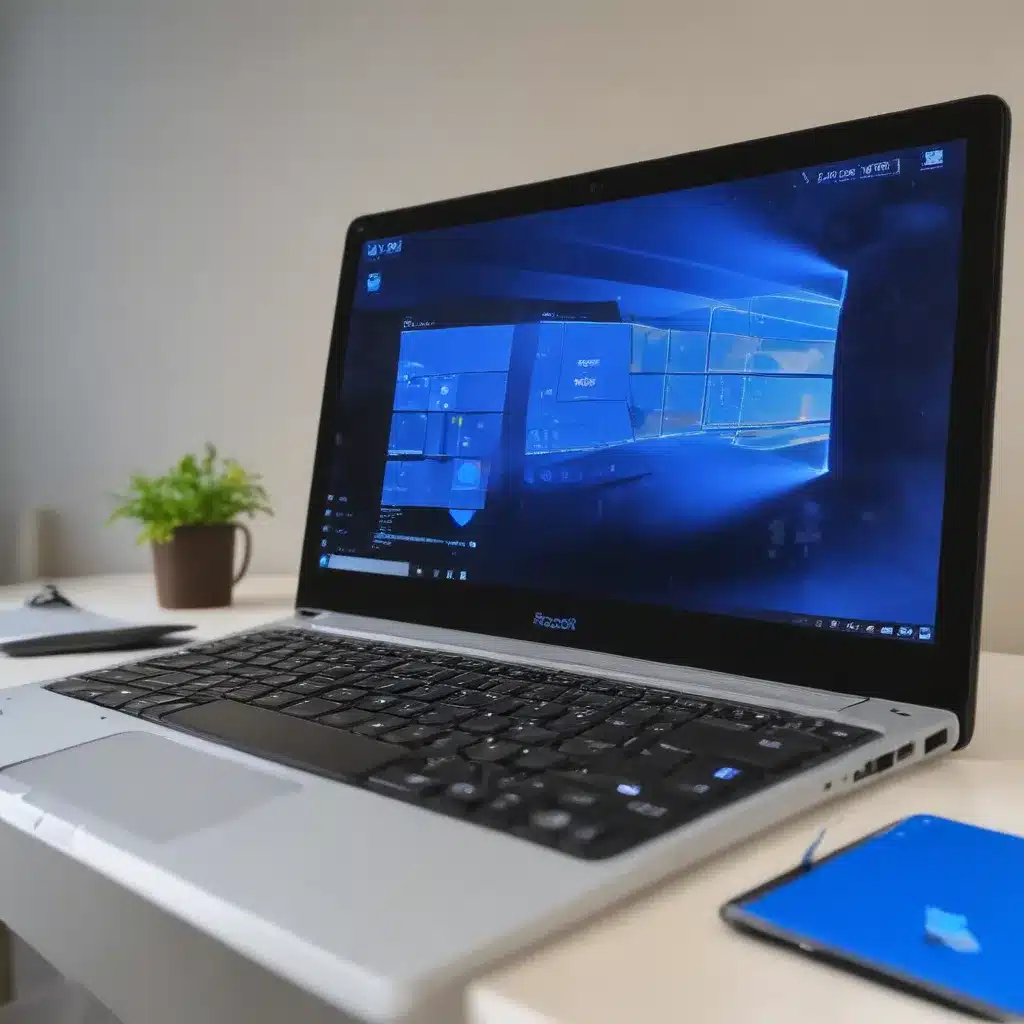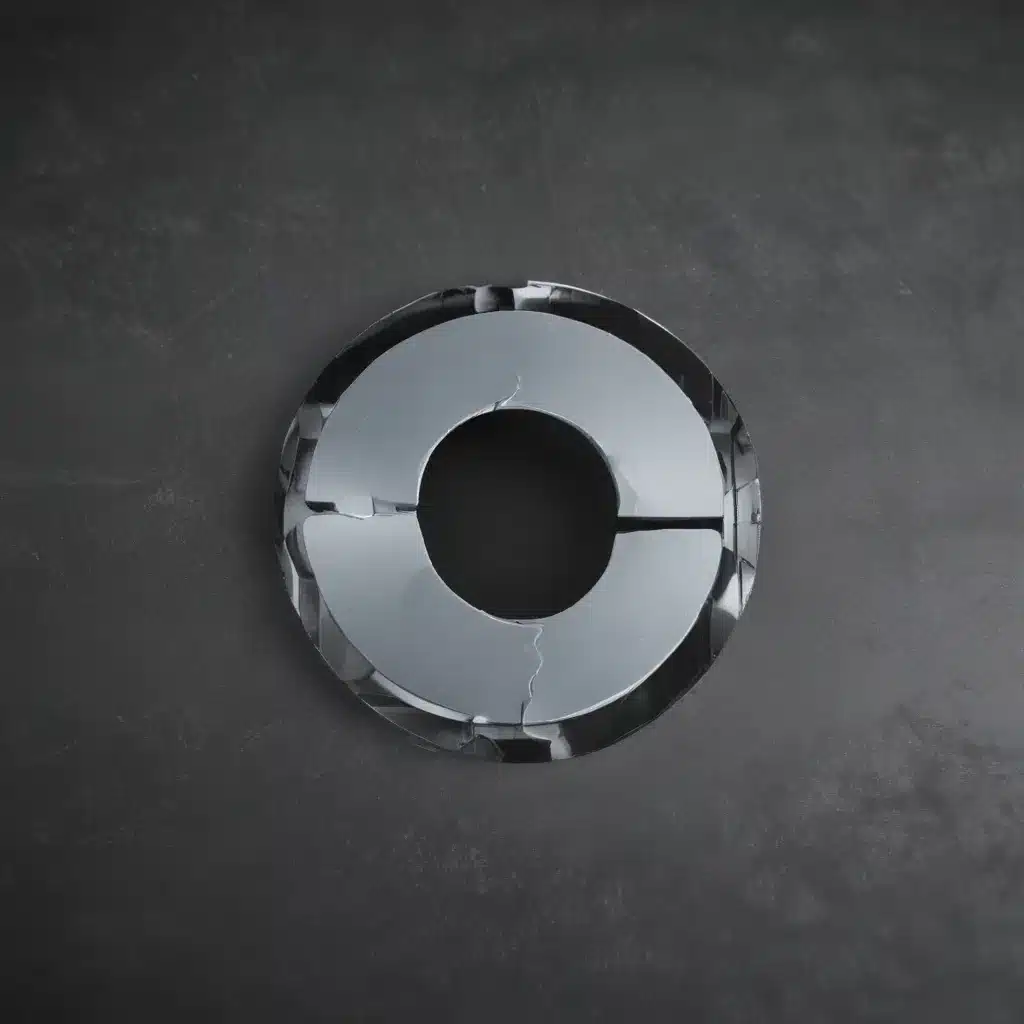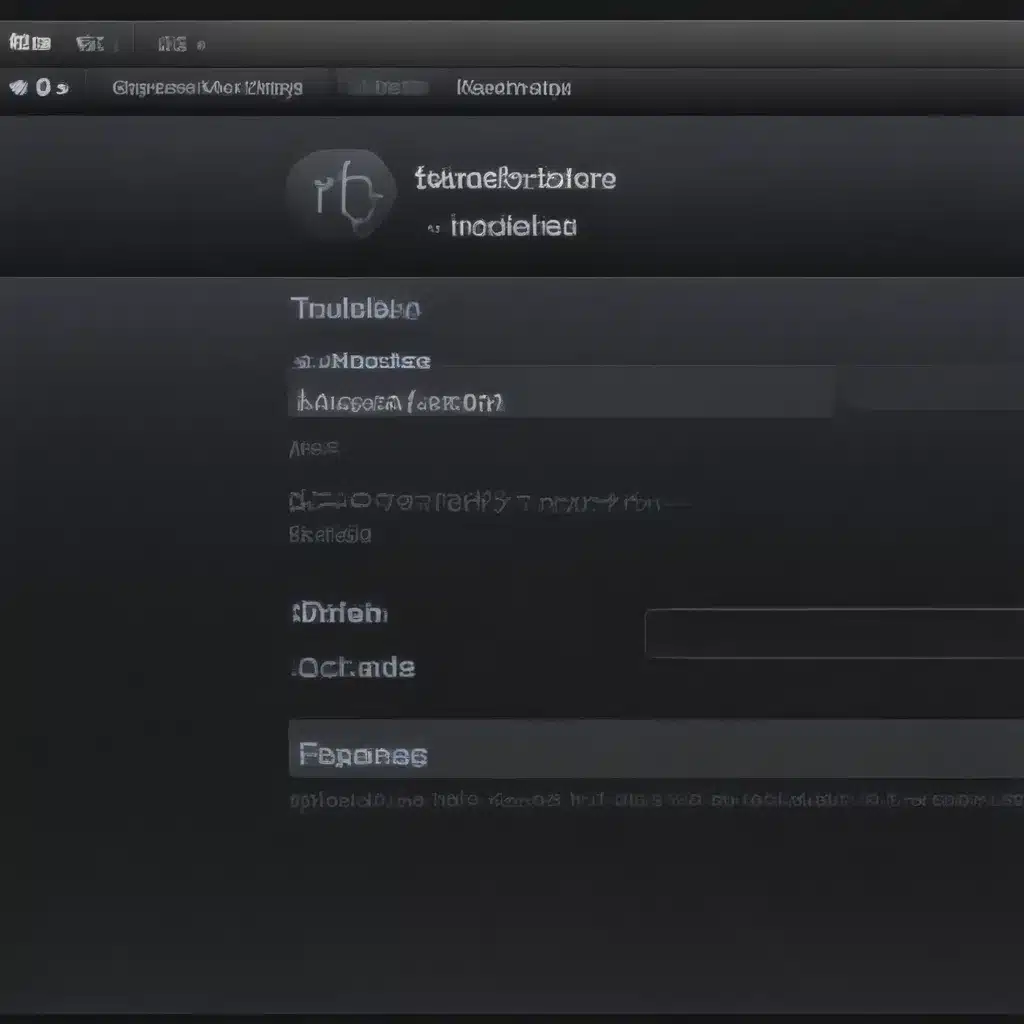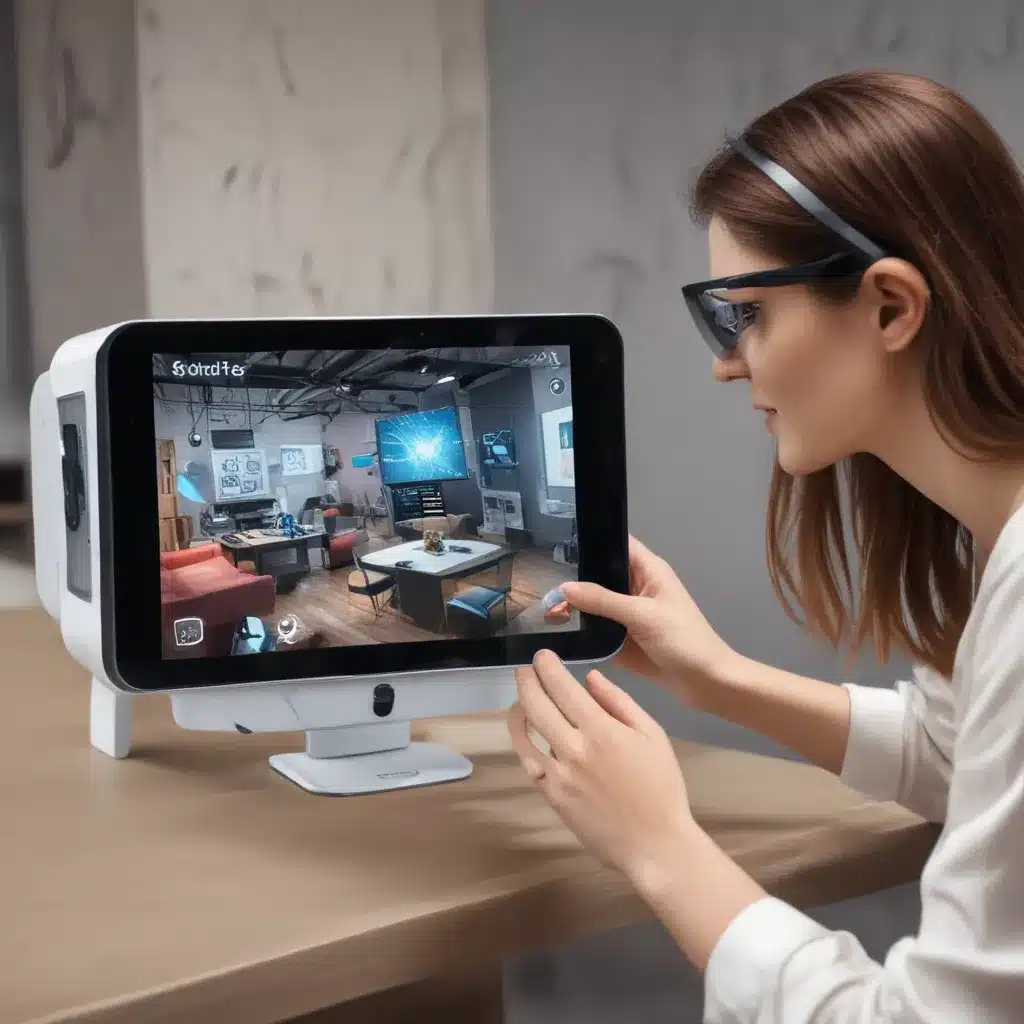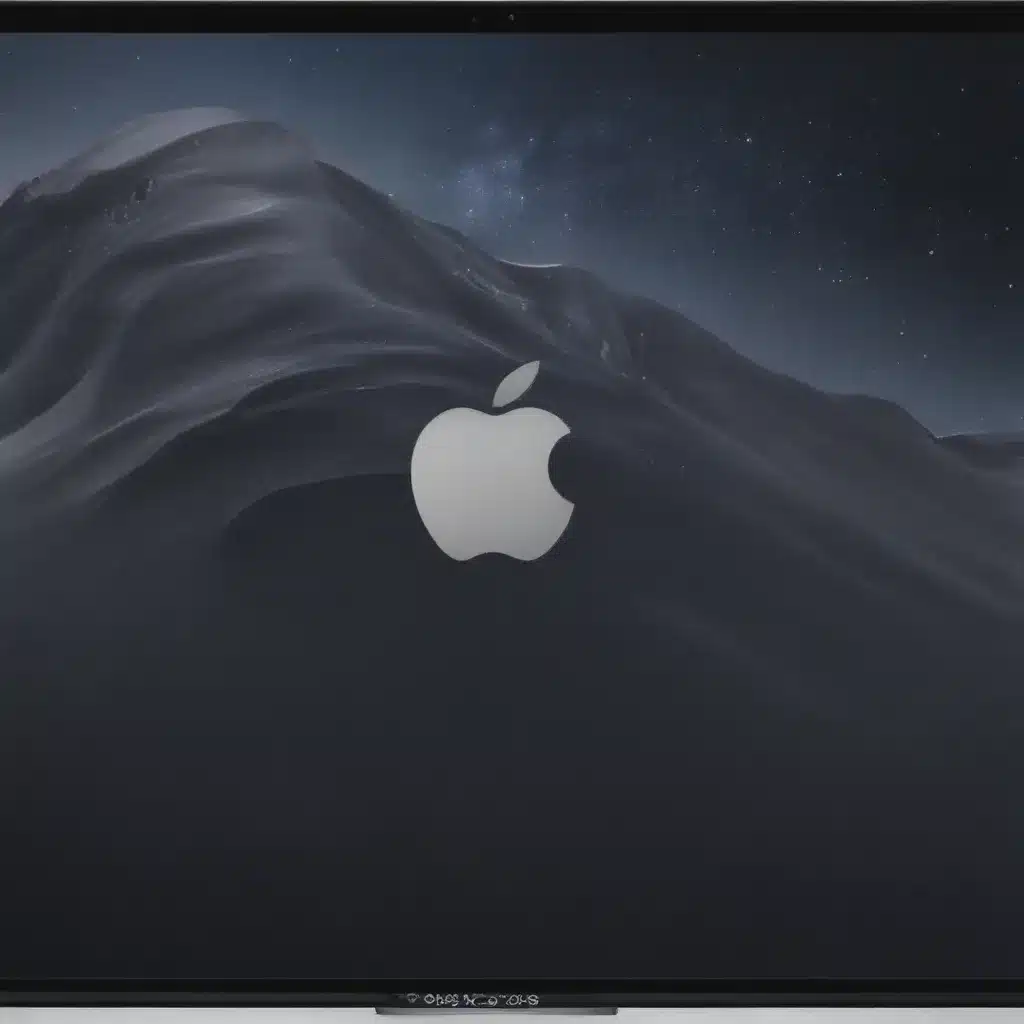Unraveling the Mystery of Crashing, Freezing, and Blue Screens of Death
I still remember the first time my computer froze up on me. I was right in the middle of a critical work project, typing away furiously, when suddenly, my cursor stopped responding, and the screen went completely still. I waited, hoping it would snap out of it, but after a few minutes, I was forced to do the unthinkable – a hard reset. The shame and frustration I felt as my precious work disappeared into the digital abyss was overwhelming. Little did I know, this was just the beginning of my descent into the chaotic world of computer crashes, freezes, and the dreaded Blue Screen of Death (BSOD).
In the years since, I’ve become all too familiar with these maddening issues. From games that crash mid-level to programs that freeze up without warning, my poor computer has been through the wringer. But through it all, I’ve learned a thing or two about troubleshooting these problems. And as a UK-based computer repair technician, I’m here to share my hard-earned wisdom with you.
Understanding the Causes: Hardware, Software, and Everything in Between
Before we dive into the troubleshooting process, it’s important to understand that computer crashes, freezes, and BSODs can be caused by a wide range of factors. [1] It could be a hardware issue, like a faulty component or overheating. Or it could be a software problem, such as a driver conflict or a corrupt system file. And in some cases, it’s a combination of both.
One of the most common culprits is RAM, or random access memory. [2] If your RAM is faulty, incompatible, or not configured correctly, it can lead to all sorts of stability issues. The same goes for your CPU and motherboard – if they’re not playing nicely together, you’re in for a world of trouble.
But it’s not just the internal components that can cause problems. External devices, like printers, scanners, and even USB peripherals, can also contribute to crashes and freezes if they’re not properly integrated with your system. [3] And let’s not forget about those pesky software bugs and driver conflicts – they can be the bane of any computer user’s existence.
Troubleshooting Step-by-Step: A Methodical Approach
Okay, now that we’ve got the underlying causes out of the way, let’s dive into the troubleshooting process. I like to approach this in a methodical, step-by-step fashion, and I recommend you do the same.
Step 1: Gather Information
The first thing you’ll want to do is gather as much information as possible about the issue. When does it happen? What were you doing when the crash or freeze occurred? Are there any specific error messages or BSOD codes? [4] This information will be crucial in pinpointing the root cause of the problem.
Step 2: Check for Hardware Issues
Next, it’s time to turn your attention to the hardware. Start by ensuring that all your internal components are properly seated and connected. [5] Check for any loose cables or obvious signs of damage. You can also try running a memory test or a CPU stress test to see if there are any underlying hardware issues.
Step 3: Update Drivers and Software
If the hardware checks out, the next step is to ensure that your software is up-to-date. [6] Make sure you’ve installed the latest drivers for your graphics card, motherboard, and other critical components. You should also check for any available updates to your operating system and any other key applications.
Step 4: Troubleshoot Software Conflicts
Sometimes, the issue can be caused by a conflict between different software programs or system settings. [7] Try disabling any unnecessary background processes or services, and see if that helps. You can also try running a system scan for any malware or other malicious software that could be causing problems.
Step 5: Restore System Settings
If all else fails, it might be time to try restoring your system to a previous state. [8] This could involve rolling back to an earlier version of your operating system or resetting your BIOS settings to their default values. Just be sure to backup any important data before you do this, just in case.
Embracing the Unexpected: Dealing with Persistent Issues
Now, I know what you’re thinking – “This all sounds great, but what if none of these steps work?” Trust me, I’ve been there. Sometimes, these computer issues can be as stubborn as a mule, refusing to budge no matter what you try.
When that happens, it’s important to keep an open mind and be willing to try new approaches. Maybe you need to invest in some new hardware, like a beefier power supply or a more reliable storage drive. Or maybe you need to dig deeper into the software side of things, tweaking registry settings or even reinstalling your operating system.
The key is to never give up. These problems can be frustrating, but with a little persistence and a healthy dose of creativity, you can usually find a solution. And hey, who knows – you might even learn a thing or two along the way. After all, the more you understand about the inner workings of your computer, the better equipped you’ll be to tackle any future issues that come your way.
So, there you have it – my tried-and-true guide to troubleshooting crashing, freezing, and BSOD issues. I hope this helps you navigate the sometimes-chaotic world of computer repair with a bit more confidence and a lot more humor. Happy troubleshooting, my friends!
References
[1] “Windows 10 Frequent Freeze and BSOD.” Microsoft Answers, https://answers.microsoft.com/en-us/windows/forum/all/windows-10-frequent-freeze-and-bsod/916f4b8f-cbc7-4324-bb82-22ab27883ae6.
[2] “Trying to Fix a PC Problem That Involves BSOD, Freezes and Black Screens. Any Suggestions?” Tom’s Hardware, https://forums.tomshardware.com/threads/trying-to-fix-a-pc-problem-that-involves-bsod-freezes-and-black-screens-any-suggestions.3802592/.
[3] “Asus PC Windows 11 Keeps Freezing/Stops Working/BSOD.” Microsoft Answers, https://answers.microsoft.com/en-us/windows/forum/all/asus-pc-windows-11-keeps-freezingstops-workingbsod/d97c86b5-3a56-450a-85b3-5307aff784ef.
[4] “Huge Ram Problem on B550 Gaming Plus BSOD Crashes Freezing.” MSI Forum, https://forum-en.msi.com/index.php?threads/huge-ram-problem-on-b550-gaming-plus-bsod-crashes-freezing.387555/.
[5] “Aorus 15P XD Constant Crashes, Freezing and BSOD.” r/AORUS, https://www.reddit.com/r/aorus/comments/xxcizo/aorus_15p_xd_constant_crashes_freezing_and_bsod/.
[6] “Random Freezes or BSOD.” ElevenForum, https://www.elevenforum.com/t/random-freezes-or-bsod.16192/.
[7] “Ryzen 3700x Random Freezes, BSODs at Idle.” AMD Community, https://community.amd.com/t5/processors/ryzen-3700x-random-freezes-bsods-at-idle/m-p/367562.
[8] “Destiny 2 Freezes, Audio Issues and BSOD.” r/DestinyTechSupport, https://www.reddit.com/r/DestinyTechSupport/comments/14eg38j/destiny_2_freezes_audio_issues_and_bsod/.

